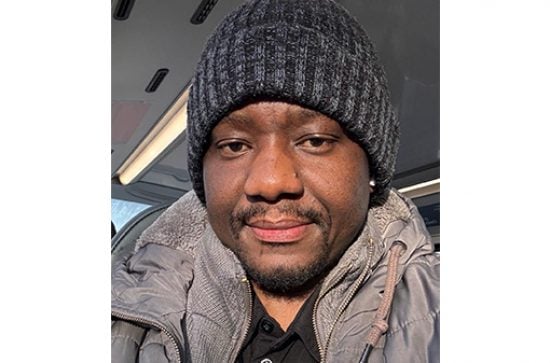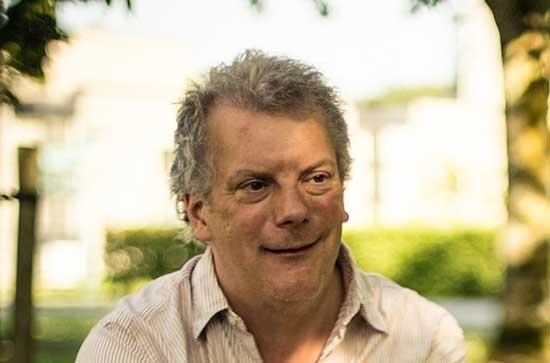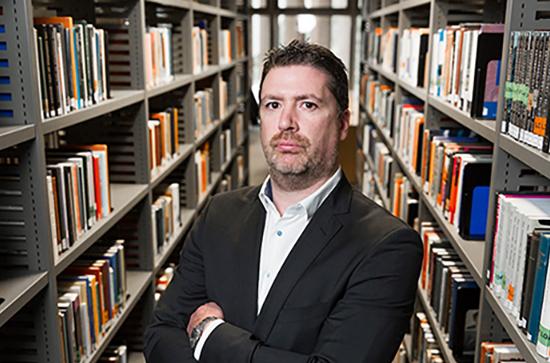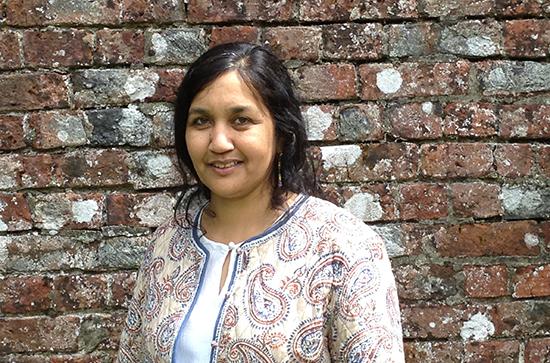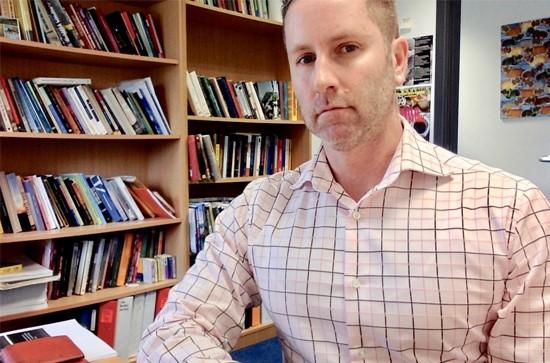Qualification : MASTER OF ARTS DEGREE
Award Type and NFQ level : TAUGHT MASTERS (9)
CAO/MU Apply code : MHC61
CAO Points :
Closing Date : 30 June 2025
This is the part-time version of the MA in Anthropology programme. The MA in Anthropology is an advanced degree in socio-cultural anthropology in which students are given a comprehensive introduction to the theoretical underpinnings of the discipline, a block of modules that open up and explore the conceptual and methodological core of the discipline and a series of specialised modules that show the range of socio-cultural anthropology today. Students are also required to write a Masters thesis. The MA in Anthropology is primarily a degree that aims to equip students for later doctoral research or for professional careers that are enhanced by academic social-scientific knowledge or the particular skills of trained ethnographic researchers.
Commences
September
|
A degree 2.2 or higher in anthropology or cognate discipline (NFQ Level 8 or equivalent honours degree), or a recognised international equivalent. Applicants must have a recognised primary degree which is considered equivalent to Irish university primary degree level. Minimum English language requirements: please visit Maynooth University International Office website for information about English language tests accepted and required scores. The requirements specified are applicable for both EU and non-EU applicants. Maynooth Universitys TOEFL code is 8850 |

Academic
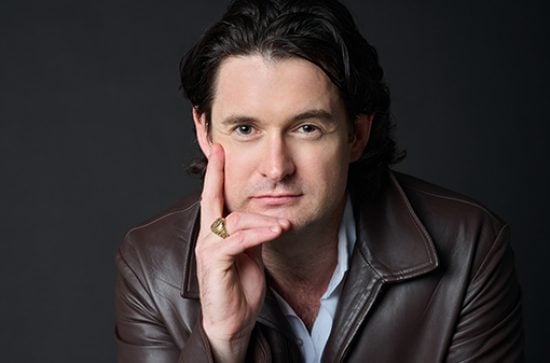
Academic
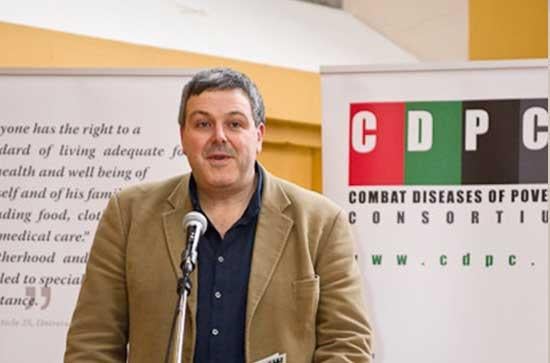
Academic
Students take a total of 90 credits over 2 years.
Course structure
Year 1
Those intending to take the part-time MA in Anthropology are expected to take 40 credits in the first year.
Year 2
Students will complete 50 credits in the second year. Students are required to write a thesis which represents 30 credits.
For details on current timetables and course structures see: https://www.maynoothuniversity.ie/anthropology/timetables
Online application only. To make an application please click here.
To apply for your chosen postgraduate study at Maynooth University, please ensure you have the following documents to make an application:
- Evidence of your primary degree
- Academic transcripts
- A copy of your passport
- A personal statement
Applicants for whom English is not their first language are required to demonstrate their proficiency in English in order to benefit fully from their course of study. For information about English language tests accepted and required scores, please see here. The requirements specified are applicable for both EU and International applicants.



